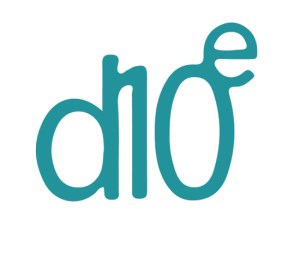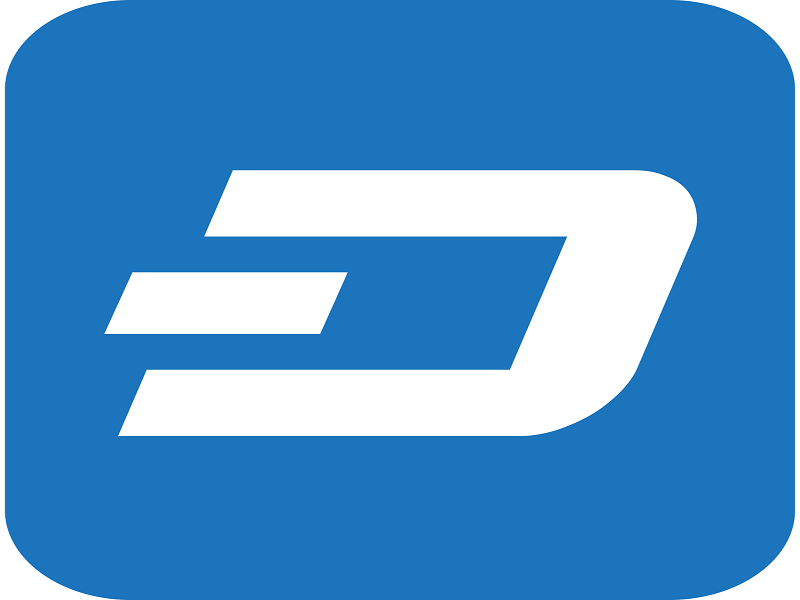
For cryptocurrency Dash, presenting at d10e next week, the goal is to have people walk away realizing that there is a lot more that can be done with cryptocurrency or digital currency than bitcoin has been able to achieve thus far, says Ryan Taylor, head of finance at Dash.
Disclaimer: This article was provided by the Vanbex Group. Bitcoinist is not affiliated with the firms represented by the Vanbex group and is not responsible for their products and/or services.
What Does Dash Bring to the Table?
 Dash will have a significant presence at the d10e Conference in San Francisco on Jul. 20. Lead developer Evan Duffield and head of business development Daniel Diaz will both be presenters. In addition, Dash will be hosting a booth featuring a Dash-enabled vending machine to highlight its instant transaction technology.
Dash will have a significant presence at the d10e Conference in San Francisco on Jul. 20. Lead developer Evan Duffield and head of business development Daniel Diaz will both be presenters. In addition, Dash will be hosting a booth featuring a Dash-enabled vending machine to highlight its instant transaction technology.
Dash will be introducing their solution to decentralized banking along with their self-funding and governance structure and soon to be released updates to the cryptocurrency, labelled simply as the 12.1 update.
“To reach mass adoption, ease of use is a must,” Taylor says.
Making payments cannot feel like a foreign experience from what people, especially those that are not tech or computer savvy, are comfortable with. The Internet has shaped a familiarity with sign-ins and the use of simple, clean graphical user interfaces.
Bitcoin is not accessible via the web the way people are used to, says Taylor, nor is it accessible via a username and password setup.
“At least not without using some centralized service,” he says, which of course shifts away from the original intention of Bitcoin.
According to Taylor, Bitcoin, in its current state, lacks the requisite architecture necessary for an evolution toward a decentralized banking system.
He explains: “[Bitcoin] is not instant. It’s fast compared to a bank, but not as fast as a credit card authorization, so it can’t be used at the point-of-sale.
“Bitcoin is ‘version one’ of a completely new type of technology and it has proven to be resilient and successful at what it does … [but] it is flawed.”
Dash has been keeping a tight lid on its latest developments, slating the July conference — which will be live-streamed in virtual reality — as the best time to begin revealing in detail its upcoming features.
Nevertheless, Taylor divulged a tidbit of what attendees will be in store to hear first at d10e.
In relation to governance of the Dash budget, long-term proposals or projects, those that span multiple months, will now be approved via an initial vote. This is instead of the current month-to-month framework that has resulted in the unforeseen outcome of long-term projects being de-funded part way through.
For those unaware, Dash has operated under a decentralized, democratically-based framework to allocate its budget since last August.
Essentially, those invested in the cryptocurrency via Masternode ownership are able to vote on projects and proposals submitted to the organization.
With the update, longer term contracts will still be paid out monthly, says Taylor, but approval will be kept to the single vote, at the start of the project.
Furthermore, the option to allow proposal owners to defund a contract if it is no longer valid will be added. This will circumvent the issue of owners having to lobby for “no” votes in order to cancel a contract.
The 12.1 update was called a reinvention of the network by Duffield in a post submitted to the Dash.org forum on Jul. 3.
“The most significant change included is a completely different underlying engine, which can be used to build various pieces of software,” wrote Duffield.
“After we present the system at d10e, we will include an invitation to the larger community to help us test.”
Decentralizing the traditional banking structure has received significant attention in news media since 2014 when blockchain technology and its use case as a global distributed ledger allowing for more efficient and cost-effective transactions gripped the banking industry.
However the need for greater individual control over financial assets has also been heightened in recent years as well.
“If you look at what’s happened with the banking systems around the world,” says Taylor, “we’ve seen bailouts, bail-ins, in which people lose a portion of their deposits, revaluation of their deposits, runs on banks and inaccessibility of cash — we’re seeing it right now in Italy.
“People are fed up with the quality of the banking system, they’re looking for an alternative. Storing money under your mattress isn’t an option.”
Dash, adds Taylor, is attempting to expand the capabilities of cryptographic currency and creating new use cases for it, ones that can catch up to the digital world of instants.

















